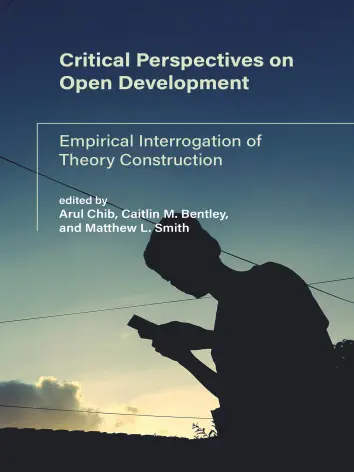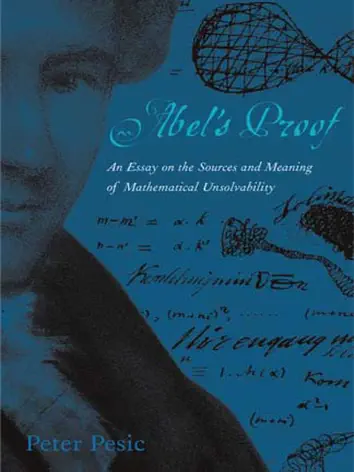Theoretical and empirical analyses of whether open innovations in international development instrumentally advantages poor and marginalized populations.
Over the last ten years, “open” innovations–the sharing of information without access restrictions or cost–have emerged within international development. But do these practices instrumentally advantage poor and marginalized populations? This book examines whether, for whom, and under what circumstances the free, networked, public sharing of information and communication resources contributes (or not) towards a process of positive social transformation. The contributors offer both theoretical and empirical analyses that cover a broad range of applications, emphasizing the underlying aspects of open innovations that are shared across contexts and domains.






Reviews
There are no reviews yet.